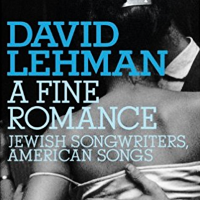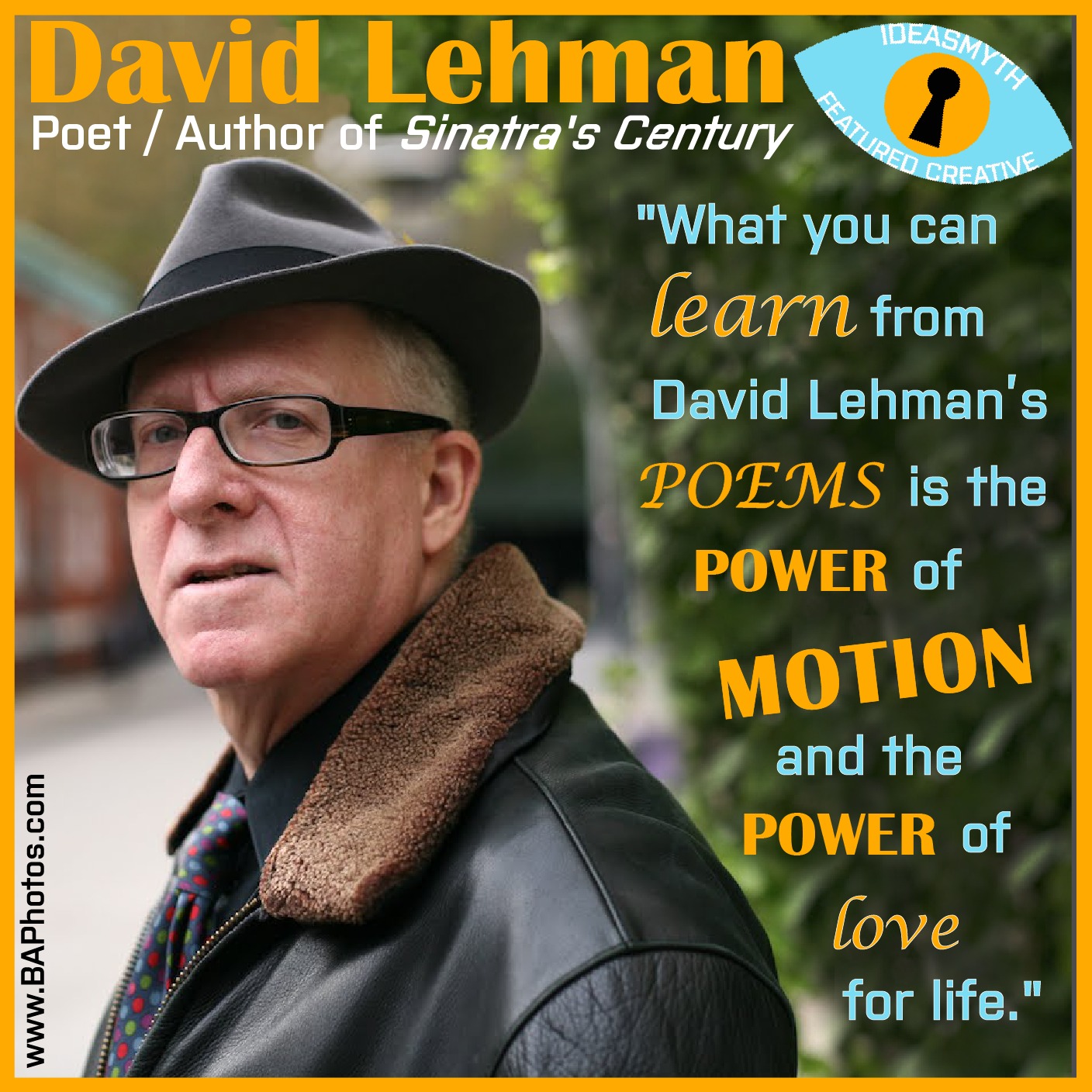 So happy and honored that David Lehman, the de facto dean of American Poetry is this week’s Featured Creative. Unlike so many academics in positions of authority (he’s head of the Poetry MFA division at The New School), Lehman is incredibly disciplined about walking the talk of continuously producing new writing himself and mentoring his students. Lehman has published several volumes of poetry–most recently his New and Selected (Scribner, 2013)–including his accessible, witty, thought-provoking collections that come from his personal challenge of creating a poem a day. He has also edited anthologies of other poetry genres (erotica, prose poems) and produced several acclaimed works of cultural history, the latest being on Frank Sinatra. Unlike so many of his peers, Lehman is no bookish ivory tower loner, but a maestro of creating community. Every year Lehman invites a new guest editor to helm the selections and discover new voices for the annual Best American Poetry series (which he created in 1988). The other half of the Lehman dynamic duo is his wife, Stacey Harwood-Lehman, who curates the award-winning Best American Poetry Blog–and this week’s Ideablog posts. Whether discovering new talent for an anthology, discovering new ways to run a weekly quiz contest, or discovering a new form for a biography of a beloved pop-culture icon, David Lehman proves himself a explorer of the creative realm with an impressive knack for finding gold wherever he goes.
So happy and honored that David Lehman, the de facto dean of American Poetry is this week’s Featured Creative. Unlike so many academics in positions of authority (he’s head of the Poetry MFA division at The New School), Lehman is incredibly disciplined about walking the talk of continuously producing new writing himself and mentoring his students. Lehman has published several volumes of poetry–most recently his New and Selected (Scribner, 2013)–including his accessible, witty, thought-provoking collections that come from his personal challenge of creating a poem a day. He has also edited anthologies of other poetry genres (erotica, prose poems) and produced several acclaimed works of cultural history, the latest being on Frank Sinatra. Unlike so many of his peers, Lehman is no bookish ivory tower loner, but a maestro of creating community. Every year Lehman invites a new guest editor to helm the selections and discover new voices for the annual Best American Poetry series (which he created in 1988). The other half of the Lehman dynamic duo is his wife, Stacey Harwood-Lehman, who curates the award-winning Best American Poetry Blog–and this week’s Ideablog posts. Whether discovering new talent for an anthology, discovering new ways to run a weekly quiz contest, or discovering a new form for a biography of a beloved pop-culture icon, David Lehman proves himself a explorer of the creative realm with an impressive knack for finding gold wherever he goes.
~Victoria C. Rowan, Ideasmyth Creatrix-in-Chief
***
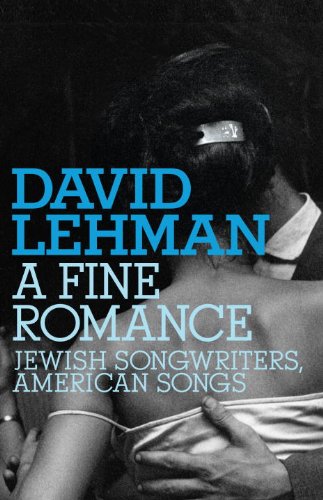 David Lehman is truly a man of letters. He’s published 10 volumes of poetry, edited dozens of anthologies, including the Oxford Book of American Poetry and the annual Best American Poetry series which he created in 1988, and several volumes of prose, including the ASCAP award-winning A Fine Romance: Jewish Songwriters, American Songs. His most recent book, Sinatra’s Century: One Hundred Notes on the Man and His World (HarperCollins, Oct 2015) is poised to make a splash as the centenary of Sinatra’s birth approaches.
David Lehman is truly a man of letters. He’s published 10 volumes of poetry, edited dozens of anthologies, including the Oxford Book of American Poetry and the annual Best American Poetry series which he created in 1988, and several volumes of prose, including the ASCAP award-winning A Fine Romance: Jewish Songwriters, American Songs. His most recent book, Sinatra’s Century: One Hundred Notes on the Man and His World (HarperCollins, Oct 2015) is poised to make a splash as the centenary of Sinatra’s birth approaches.
Here’s Part I of a two-part interview with David Lehman conducted by Jonathan Deming of Coldfront magazine in which he discusses philosophy, religion, politics, music and cultural history. Return tomorrow for Part II.
JD: In A Fine Romance, you couple the history of American song and the history of American Judaism. You tell personal stories about people you knew or know who were involved in the war and the Holocaust. I’m wondering if you could describe why you felt the personal and historical context necessary in a book focused on songwriters.
DL: The personal reason is that while investigating my own feelings and passion for the songwriters and their work–the music and the lyrics–I felt a very immediate and strong identification with them, not only because of my admiration for their art, but because my own history recapitulates theirs to some extent. Most of them were either the children of refugees or themselves refugees in this country.
So it was important to demonstrate what was going on globally, too?
It’s not an accident that the people who wrote these songs were born in Eastern Europe or on the Lower East Side of New York to parents who spoke a foreign language and had come to the U.S. for refuge. There were two major waves of immigration. There were those who got out early when the going was good, in the middle of the century, primarily from Germany. This was true of the families of Jerome Kern, Richard Rodgers, Oscar Hammerstein, Lorenz Hart, Dorothy Fields. And then there were those who came mostly from Eastern Europe much later and very often in desperate straits: [Irving] Berlin, Harold Arlen, the Gershwins, Yip Harburg, Sammy Cahn–a long list of people who came (or whose parents came) from Eastern Europe after 1881, when the assassination of a liberal czar led to terrible anti-Semitic decrees and the constant threat of homicidal pogroms.
How long did you research for this book?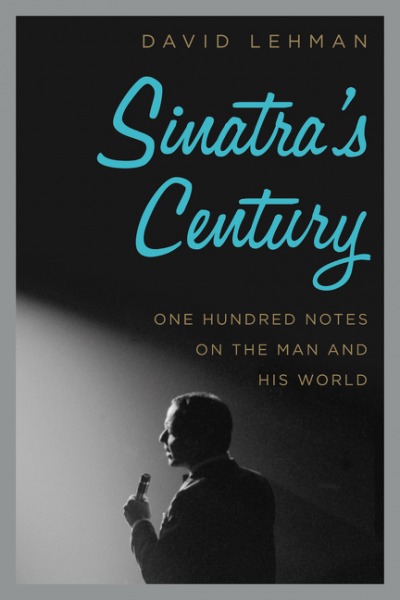
I had the idea in 2005, wrote up a proposal in January ’06, and got the go-ahead sometime that year. By the summer of 2006 I was deep into my research, by which I mean I was reading books, biographies and musical histories, listening to interpretations of the songs, and committing lyrics to memory. But of course in a certain sense I, a lover of this music, had been preparing myself for many years.
In the process of writing it, did things ever feel chaotic? The book contains biographies of the individual songwriters, but it’s also your own personal history here and there, and it’s also historical. Was it hard at all to find the balance between all of these things and still try make it feel like a focused unit?
It’s very difficult. My first thought was, maybe I should write a book about Richard Rodgers, because he fascinates me, or maybe about Harold Arlen, because I have a special feeling about him and his music. Then I thought, why don’t I write a book about the lyricists, because they are often the most neglected ones, and I’m more of an authority on lyrics and poetry than on music. And instead of doing any of these things, I wound up writing a book about the whole phenomenon and about my romance with the songs, their creators, and the singers who brought them to life. There is always a series of problems that you have to solve in writing a nonfiction book, and I didn’t solve them quickly. You asked if there was ever chaos. Yes. I worked from different outlines, and if I showed you what the outline looked like when I started writing, which would’ve been in November 2006, it bears little resemblance to the finished book.
Continue reading over at Coldfront, here.
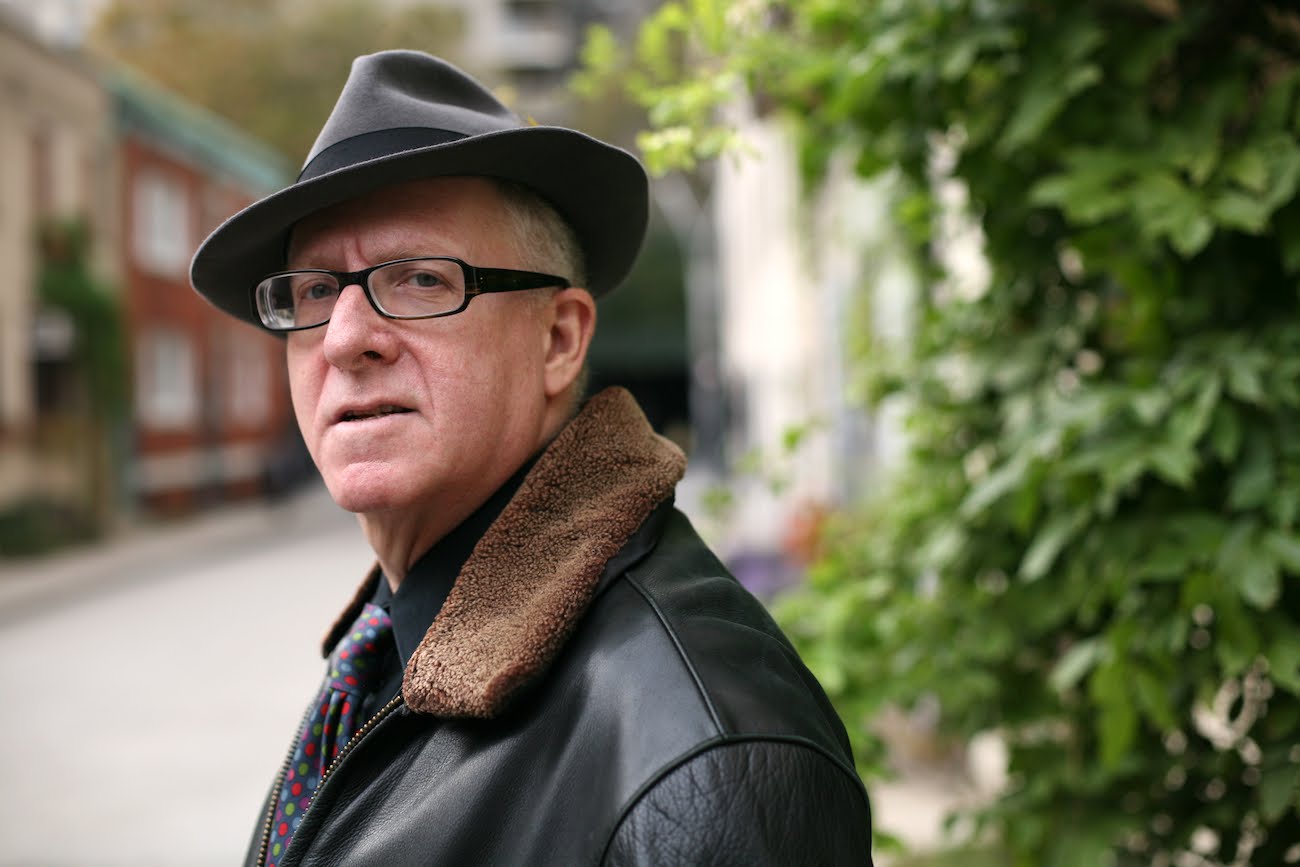 ~~~David Lehman was born in New York City. He initiated The Best American Poetry series in 1988 and remains series editor of the annual anthology. He is the author of seven books of poems, most recently New and Selected Poems (Scribner, 2013) and Yeshiva Boys (Scribner, 2009). Among his nonfiction books are The State of the Art: A Chronicle of American Poetry 1988-2014, A Fine Romance: Jewish Songwriters, American Songs (Nextbook, 2009), The Last Avant-Garde: The Making of the New York School of Poets (Anchor, 1999) and The Perfect Murder ( Michigan, 2000). He edited Great American Prose Poems: From Poe to the Present, (Scribner, 2003) and The Best American Erotic Poems (Scribner, 2008). He edited The Oxford Book of American Poetry, a one-volume comprehensive anthology of poems from Anne Bradstreet to the present. He teaches writing and literature in the graduate writing program of the New School in New York City. He lives in New York City and spends summers in Ithaca, New York.
~~~David Lehman was born in New York City. He initiated The Best American Poetry series in 1988 and remains series editor of the annual anthology. He is the author of seven books of poems, most recently New and Selected Poems (Scribner, 2013) and Yeshiva Boys (Scribner, 2009). Among his nonfiction books are The State of the Art: A Chronicle of American Poetry 1988-2014, A Fine Romance: Jewish Songwriters, American Songs (Nextbook, 2009), The Last Avant-Garde: The Making of the New York School of Poets (Anchor, 1999) and The Perfect Murder ( Michigan, 2000). He edited Great American Prose Poems: From Poe to the Present, (Scribner, 2003) and The Best American Erotic Poems (Scribner, 2008). He edited The Oxford Book of American Poetry, a one-volume comprehensive anthology of poems from Anne Bradstreet to the present. He teaches writing and literature in the graduate writing program of the New School in New York City. He lives in New York City and spends summers in Ithaca, New York.
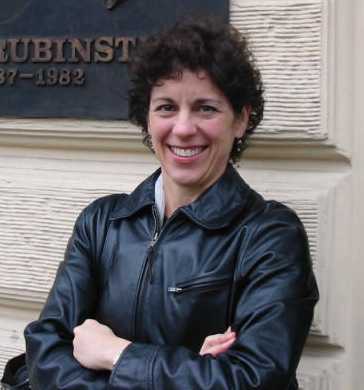 ~~~Stacey Harwood, Managing Editor of the Best American Poetry Blog, was until recently a policy analyst for the New York State Public Service Commission, the agency that regulates gas, electric, water, and telephone service in New York State. Her poems and essays have been published or are forthcoming in The LA Times, Michigan Quarterly Review, Humor, Lit, Saveur, Tablet, the Wall Street Journal and elsewhere. Paul Muldoon selected her poem Contributors’ Notes for The Best American Poetry 2005. She is the poet laureate of the New York City Greenmarket.
~~~Stacey Harwood, Managing Editor of the Best American Poetry Blog, was until recently a policy analyst for the New York State Public Service Commission, the agency that regulates gas, electric, water, and telephone service in New York State. Her poems and essays have been published or are forthcoming in The LA Times, Michigan Quarterly Review, Humor, Lit, Saveur, Tablet, the Wall Street Journal and elsewhere. Paul Muldoon selected her poem Contributors’ Notes for The Best American Poetry 2005. She is the poet laureate of the New York City Greenmarket.

